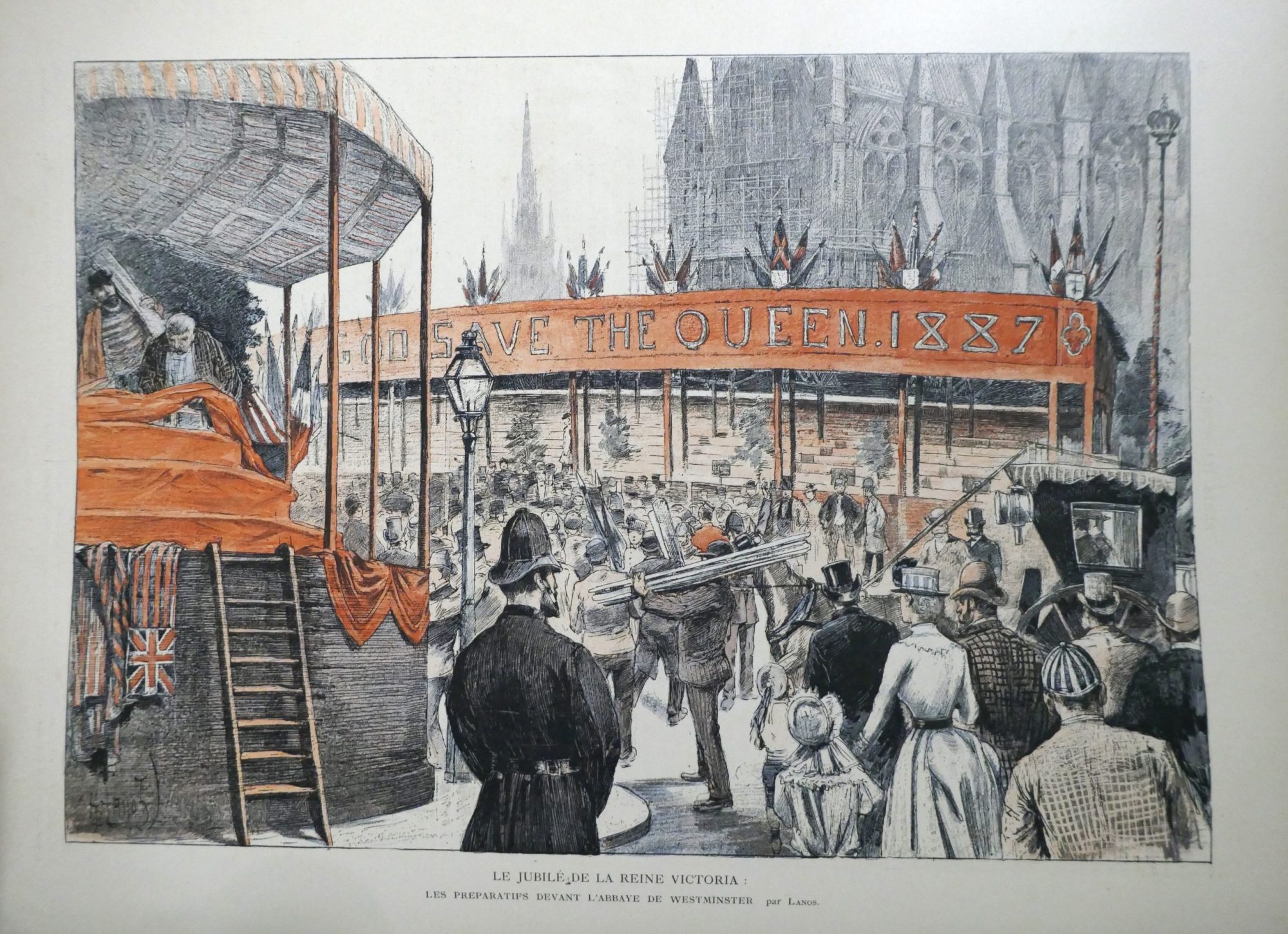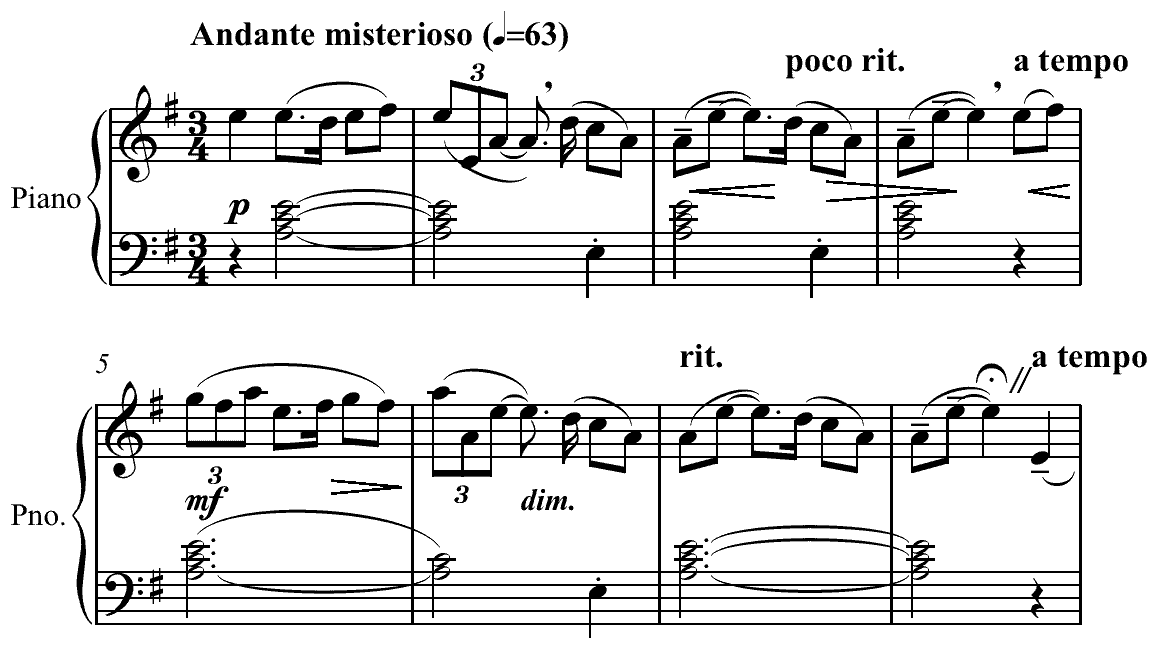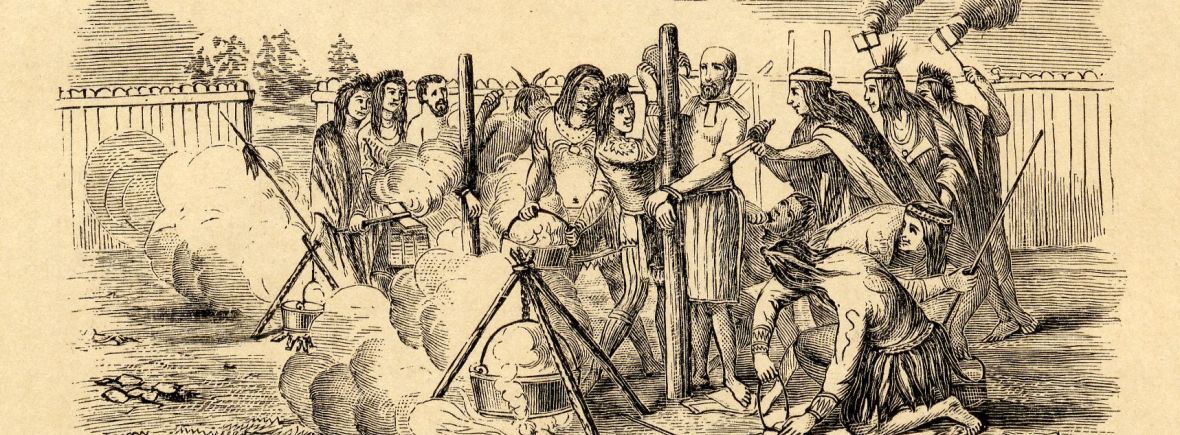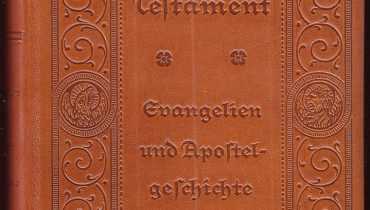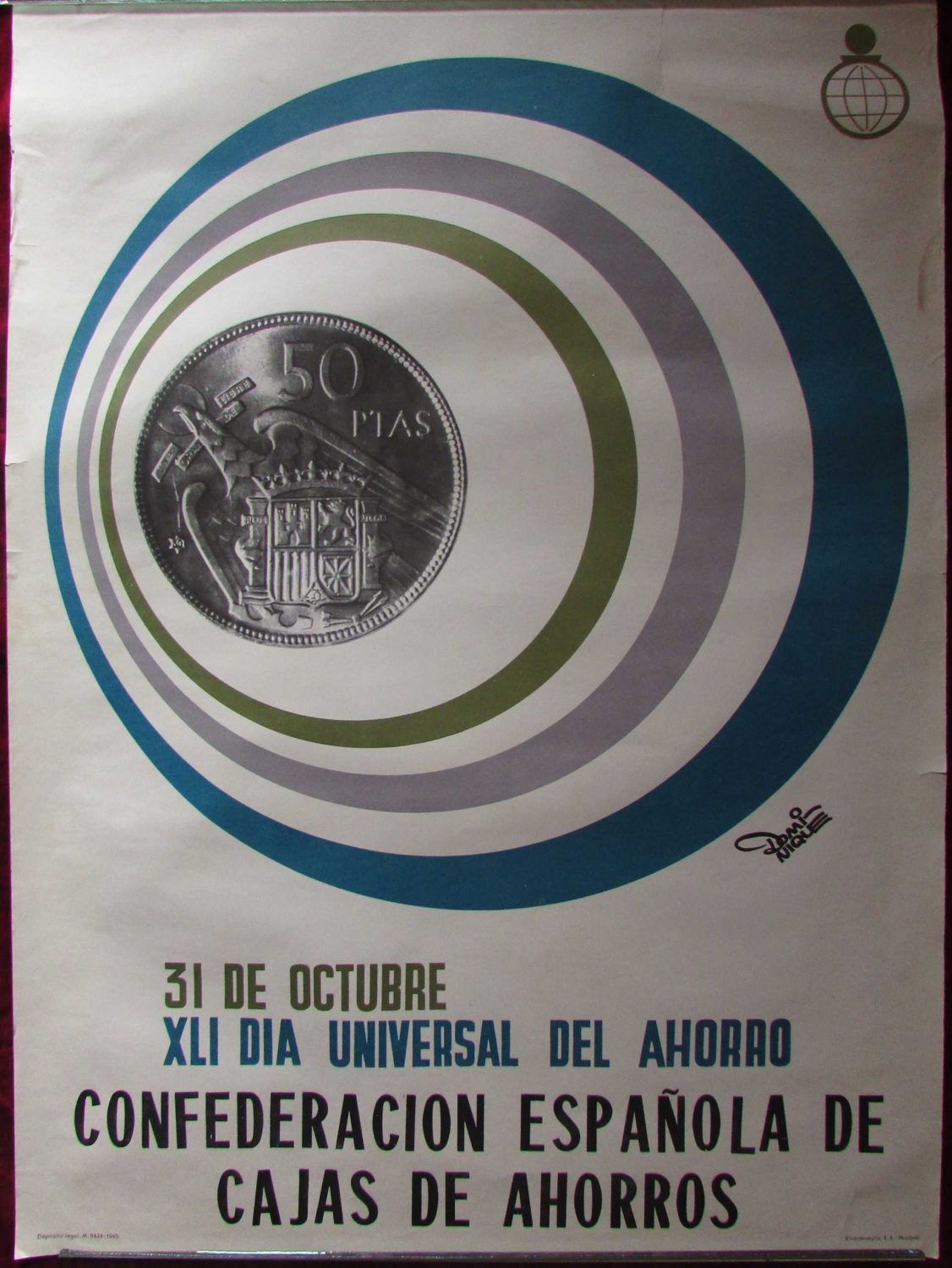
Blog
Orthodox Books II

Orthodox Books II
Last week we talked about some of the Orthodox Church books, some used for service, some for personal use. Today, we’re doing a follow-up on our previous article.
Types of Orthodox Books II
Psalter (Psalter)
The Psalter also known as the Psalms, or Psalms of David is the Old Testament book that contains hymns and poems traditionally ascribed to the Holy Prophet and King David, ancestor of our Lord Jesus Christ. Virtually every aspect of worship—praise, thanksgiving, penitence, intercession—is covered in the Psalter.
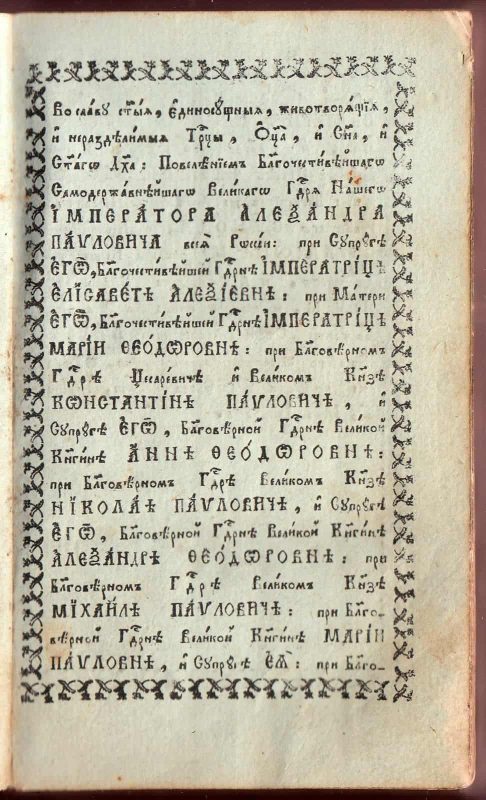 One modern commentator, Bp. Demetri, in his foreword to Christ in the Psalms, has described the Psalter as a “golden thread [which runs] through the beautiful garment of Orthodox worship.” Indeed, the Psalter forms the core of each of the services of the Daily Cycle, the Divine Liturgy, and the other sacramental offices of the Church. The Psalter is so prevalent in Orthodox worship that St. John Chrysostom said that wherever one looks in the Church, he finds the Psalter “first, last, and central.”
One modern commentator, Bp. Demetri, in his foreword to Christ in the Psalms, has described the Psalter as a “golden thread [which runs] through the beautiful garment of Orthodox worship.” Indeed, the Psalter forms the core of each of the services of the Daily Cycle, the Divine Liturgy, and the other sacramental offices of the Church. The Psalter is so prevalent in Orthodox worship that St. John Chrysostom said that wherever one looks in the Church, he finds the Psalter “first, last, and central.”
Euchologion (Slavonic: Trebnik)
The Greek word “ευχολογιον” literally means “book of prayers”. The Slavonic word “Trebnik” literally means book of needs. This type of service book varies widely in contents and arrangements. The most comprehensive edition is The ευχολογιον το μεγα or Great Euchologion contains the prayers of the priest, deacon, and reader for Vespers, Orthros, and the Divine Liturgy; the six remaining sacraments, and other services of blessings (which in the west are often referred to as “sacramentals”).
There are also a variety of more concise editions, that contain only the most commonly done of these services. These texts are often called the Small Euchologion (mikron euchologion) and usually contain the forms for the mysteries (sacraments) other than the Eucharist ordination, and other common services. What distinguishes the services found in the Euchologion is that they are generally services that are not appointed to be done at any given time according to the Church calendar, but are done as the need arises. However, some services are associated with the liturgical calendar, such as the blessing of candles on the Feast of the Presentation, the blessing of Palms on Palm Sunday, etc.
Menaion
The Menaion (Greek: Μηναίον; Slavonic: Минея/Minéya; “of the month”) refers to the annual fixed cycle of services in the Orthodox Church. Commemorations in the Menaion are tied to the day of the calendar year. Since 1921, there have been predominantly two calendars in use within the Orthodox Church: the Julian Calendar and the Revised Julian Calendar. (Few churches use the Gregorian Calendar.) At the current time, there is a thirteen-day difference between the two calendars. This means that those churches that use the New Calendar (Revised Julian) will celebrate the feasts on the fixed cycle thirteen days before those who follow the Old Calendar.
General Menaion
There is another volume called the General Menaion (Slavonic: Минея общая) which contains services for each type of celebration (Apostles, Martyrs, etc.) with blank spaces for the name of the saint being celebrated. When a parish is not able to afford a complete set of menaia (as often happens in mission situations), or if they do not have the texts for a particular saint they wish to commemorate, it is normal to use the General Menaion to fill in for those services which are missing.
Festal Menaion
There is also what is called the Festal Menaion (Slavonic: Минея праздничная) which contains the texts for those Great Feasts of the Lord or the Theotokos which fall on the fixed cycle.
Pentecostarion (Tzvyetnaya Triod)
The Pentecostarion (also known as the Flowery Triodion or Festal Triodion) is the service book of the Orthodox Church that provides the texts for the moveable portions of the divine services from Pascha through the feast of All Saints (the Sunday following Pentecost).
Octoechos (Oktoikh)
Octoechos (from Greek οκτοηχος) can refer either to the eight-tone (or mode) system of Church music or the liturgical book containing the weekly variable texts in each of the eight tones. St. John of Damascus is credited with systemizing the musical forms of the Church. In Greek usage, the Octoechos book is only the Resurrectional material for Sunday services which varies in the eight-week cycle, and thus is also called the Anastasimatarion. The Greek book for all seven days of the weekly material is the Parakletiki. In Slavic usage, the Octoechos (or Oktoich) book includes the material for every day of the week and thus is equivalent to the Greek Parakletiki.
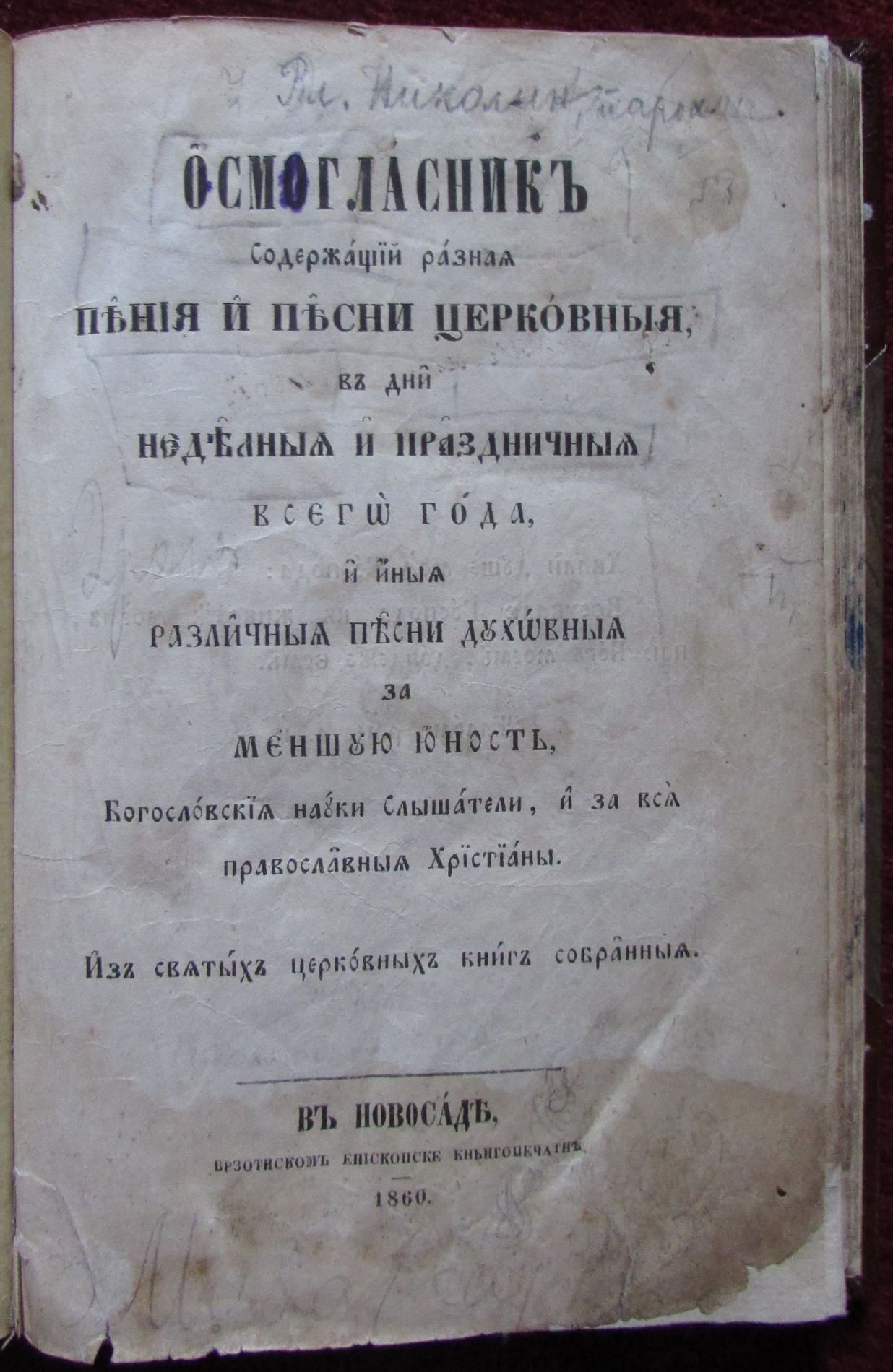
Октоих Осмогласник, Ochteos, printed in Novi Sad, Serbia, 1860.
Prophetologion (Paremijnik)
The Prophetologion (Slavonic: Paremijnik) is a text that contains the Old Testament Lectionary readings appointed at Vespers and other services during the Church year.
Lenten Triodion (Postnaya Triod)
The Lenten Triodion is the service book of the Orthodox Church that provides the texts for the divine services for the pre-Lenten weeks of preparation, Great Lent, and Holy Week.
The Lenten Triodion is the title of a classic and popular English book translated with an extensive and helpful introduction by Metropolitan Kallistos and Mother Mary; it provides many (but not all) of the texts necessary to observe the great fast. In Greek and Slavonic, it is simply called the triodion. It is called the triode because the canons appointed for Matins during this period are composed of three odes each.






